How common is King's incidental cancer diagnosis?
- Published
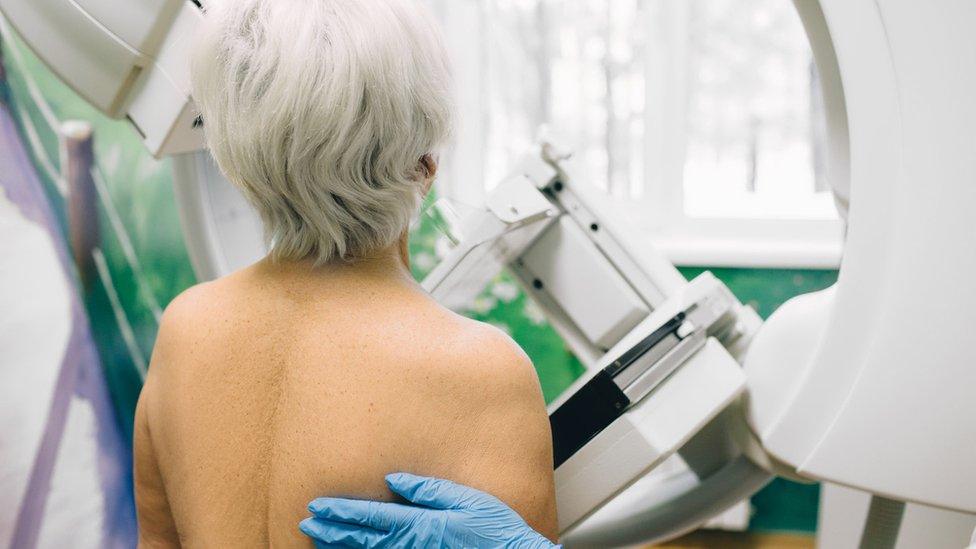
Many cancer patients will recognise the way the King was diagnosed - it is known as an incidental diagnosis, when the disease is spotted during care for another condition.
The King, 75, went in for treatment for an enlarged prostate - and during that procedure, the signs of cancer were spotted, leading to the diagnosis made public on Monday.
This route to diagnosis is surprisingly common. While there is a big focus on screening programmes and urgent referrals from GPs, one in five cancers is actually diagnosed when patients are being seen for something else, according to Macmillan Cancer Support analysis of NHS data.
Waiting time
Over the past 12 months, 66,000 cancers have been diagnosed and treated through this route.
But where the experience of the public differs from that of the King is how quickly all this happens - he was admitted to a private hospital, for treatment for the enlarged prostate, less than two weeks ago and has already started cancer treatment.
The NHS target is for cancer treatment to start within 62 days of the disease being suspected. But over the past year, one out of every four patients diagnosed incidentally in England waited longer.
And the waiting time has gradually lengthened during the past decade or so.

It is a similar story for those diagnosed through other routes, such as via screening or a GP referral. Overall, more than one out of every three waits more than 62 days.
There are many reasons why performance has deteriorated. An analysis by Cancer Research UK, last month, described a "long-term failure to plan and invest in the NHS workforce and key facilities and equipment".
Lack of diagnostic testing equipment is said to be the biggest bottleneck - the NHS has four times fewer scanners than Germany, for example.
And those having cancer treatment are well aware of this. A survey by Macmillan and YouGov, last year, found half of them were worried about pressures on the NHS affecting their chances of survival.

King Charles's cancer diagnosis

But an incidental diagnosis such as the King's also depends on another part of the NHS.
Patients needing treatment for something that is not thought to be cancer-related are put on the general hospital waiting list.
The backlog currently stands at 7.6 million, close to a record-high after a sharp increase since before the pandemic.
Patients can wait weeks even months before they get tested or see a doctor that results in them being put on a cancer waiting list.
That is why Macmillan's Kate Seymour says cancer patients diagnosed incidentally are facing a "double hit".
"They are having to wait for tests both before and after being moved onto the cancer pathway, as well as then waiting for diagnosis and treatment, adding to people's stress and anxiety as their lives are turned upside down.
"NHS staff are doing the very best they can, but chronic staff shortages in cancer care, long-standing delays and constant growing demand have led to a system struggling to cope.
"People living with cancer deserve better and ultimately, we need to see people getting diagnosed and treated quicker."
- Published3 January 2024
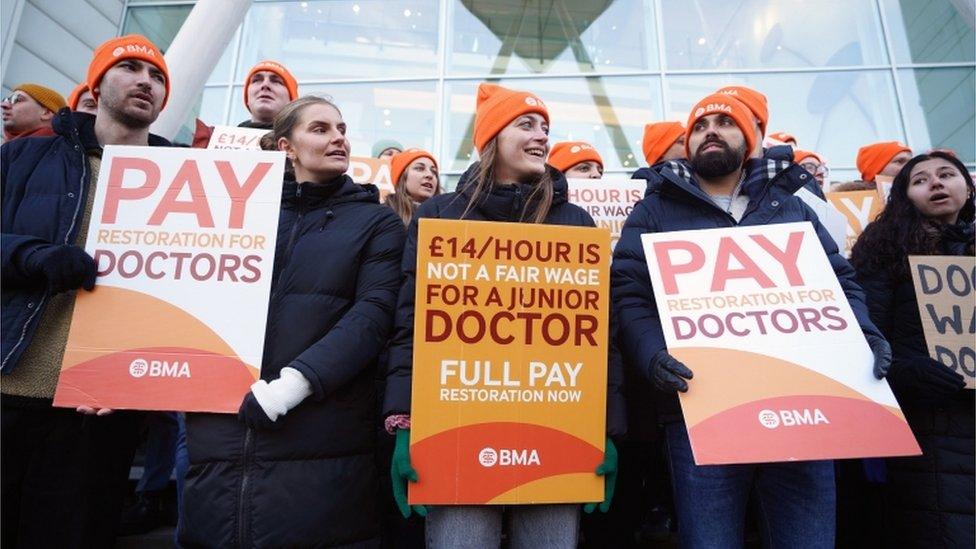
- Published24 August 2023
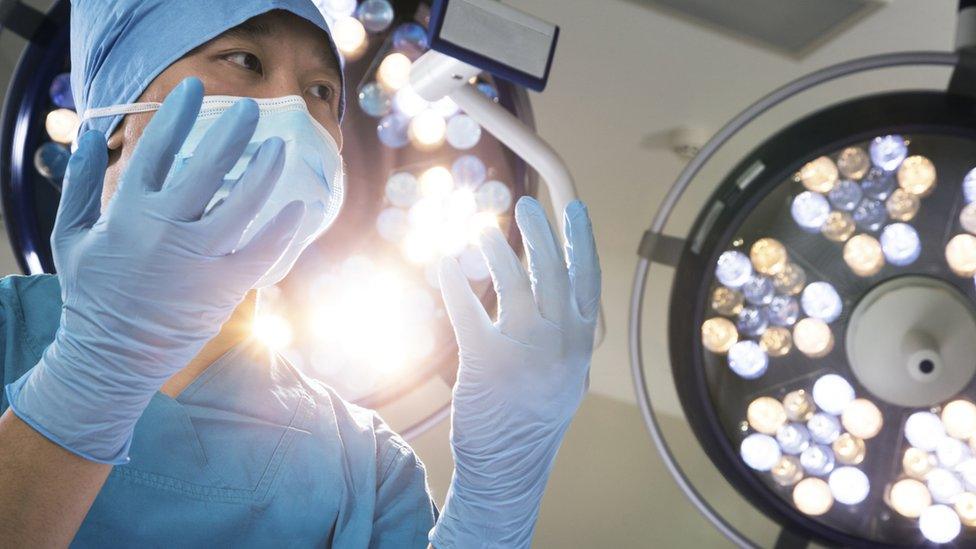
- Published5 December 2023
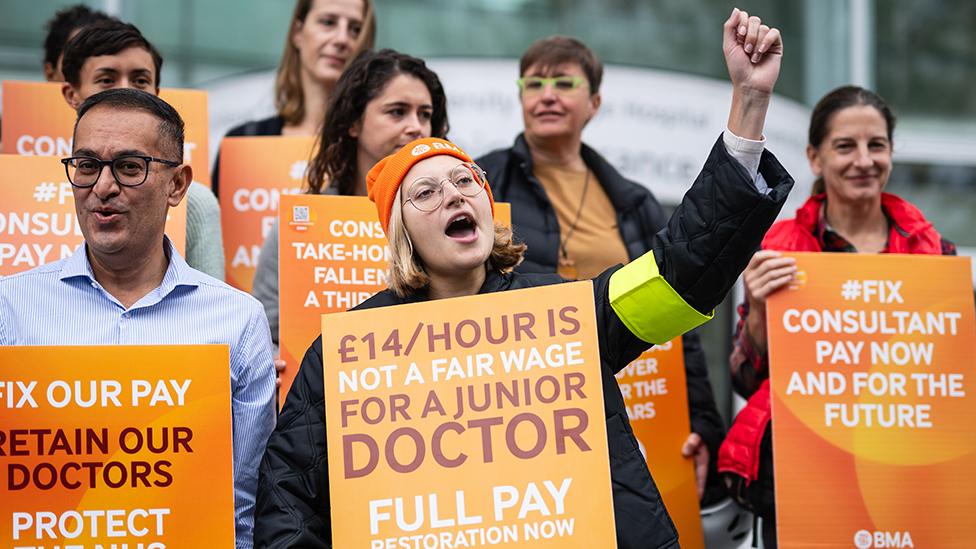
- Published28 November 2023
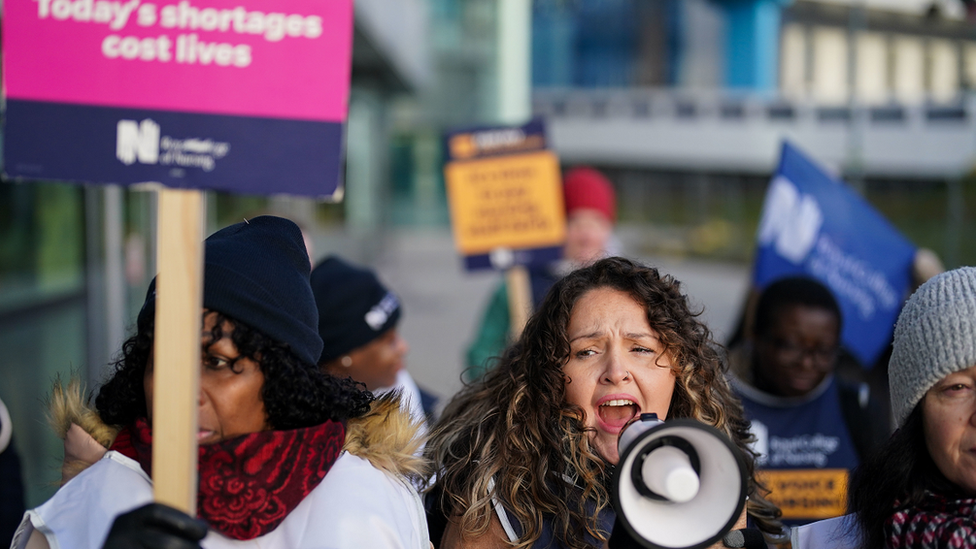
- Published27 November 2023
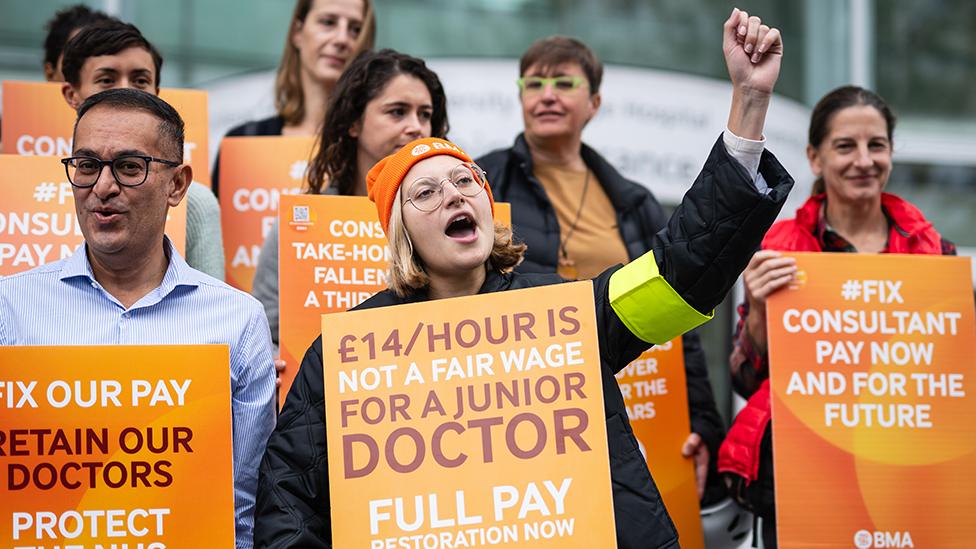
- Published3 December 2023
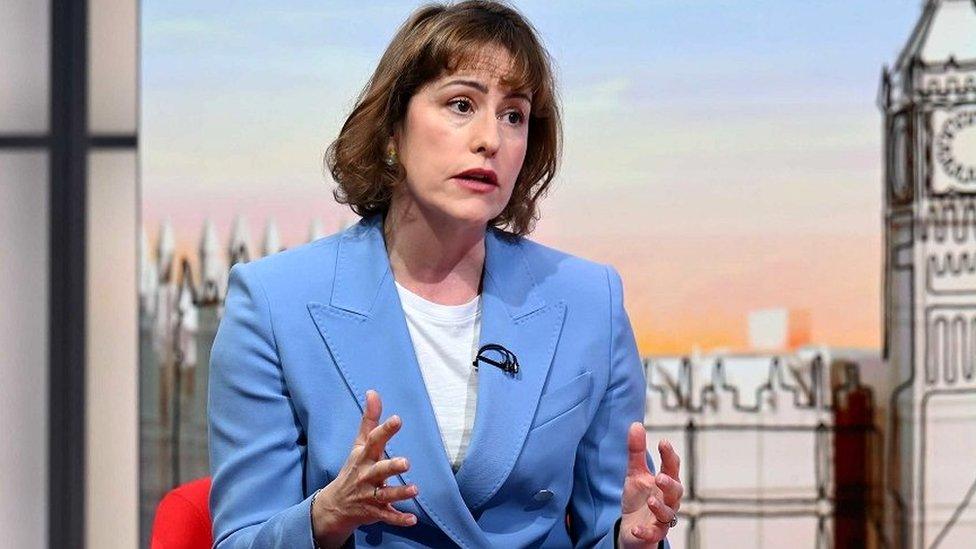
- Published9 August 2023

